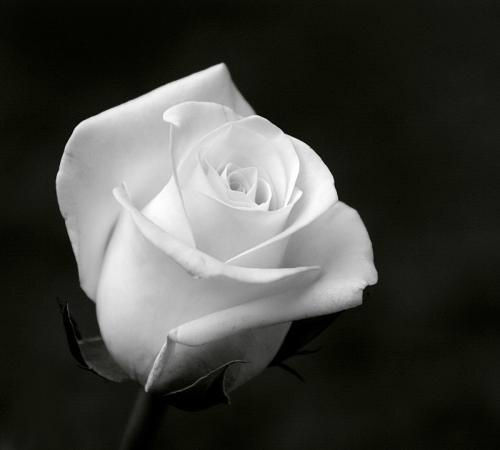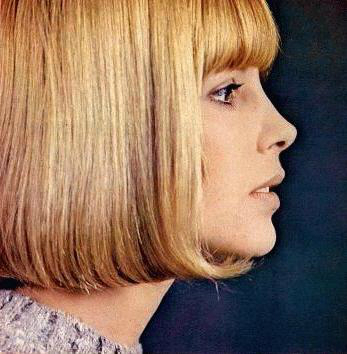|
Le piu belle canzoni di Marisa Sannia |
|
|
Album Title: Le piu belle canzoni di Marisa Sannia
Artist: Marisa Sannia
Audio CD (January 10, 2006)
Original
Release Date: 2006
Number of Discs: 1
Format: CD, Import
Mono/Stereo:
Stereo
Label: Warner Music Group
Copyright: (c) 2006 Warner Strategic
Marketing - A Divisione of Warner Music Group Company
Duration:
36:48
Genre: International, Musica, Pop/Rock
Style: sItalian Music,
Western European Traditions
|
|
1. Casa Bianca 3:32
Composer Detto Mariano
2. Gli Occhi Miei 3:02
Composer Donida /
Mogol
3. Sarai Fiero Di Me 3:14
4. Una Una Donna Sola 2:54
5. Tutto O Niente 2:22
Composer S. Endrigo
6. C'e Chi Spera 3:11
7. La Finestra Illuminata 2:46
Composer L.
Beretta
8. Lo Lo Che Amo Solo Te 2:59
Composer S.
Endrigo
9 L'amore E Una Colomba 2:58
Composer T.
Savio
10. Mani Bucate 3:19
Composer S. Endrigo
11. Com'e Dolce La Sera 3:25
Composer L. Albertelli /
Donatello
12. Amore Amore 3:06
|
|
Review
The 1960's were the golden years of the "musica leggera" in Italy. Among the female voices to remember from those years, the one of Marisa Sannia produced fantastic songs. Finally, after many years, a CD with her major successes appears on the market. Le piu belle canzone di Marisa Sannia is an excellent compilation of Marisa's most remarkable songs. There are here all her appearances at the San Remo Song Festival: "Casa bianca" (1968), "L'amore e una colomba" (1970), "Com'e dolce la sera" (1971), and "Amore, amore" (1984). The CD includes other songs from San Remo: "C'e chi spera" (from San Remo '67) and "Gli occhi miei" (from San Remo '68). Both songs were presented at the Festival for other singers; however, Marisa creates two excellent interpretations of these songs.
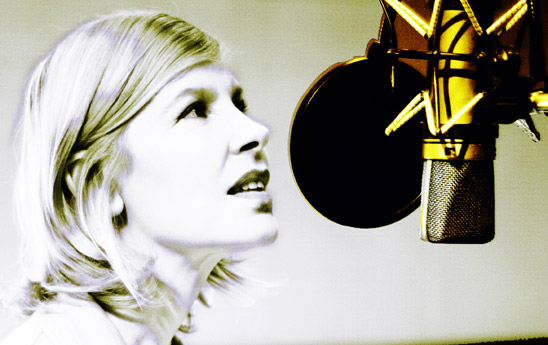
As a tribute to the late famous Italian singer and songwriter Sergio Endrigo - one of Marisa Sannia mentors - the CD includes "Tutto o niente," "Io che amo solo te," and "Mani bucate". Her recreation of "Io che amo solo te" - perhaps Endrigo's most achieved song- is really unique. Hopefully this excellent CD of Marisa Sannia will re-introduce her warm voice to new audiences, and it will create the need to produce another CD with other of Marisa's great songs, like "La mia terra," "Guarda," and many more.
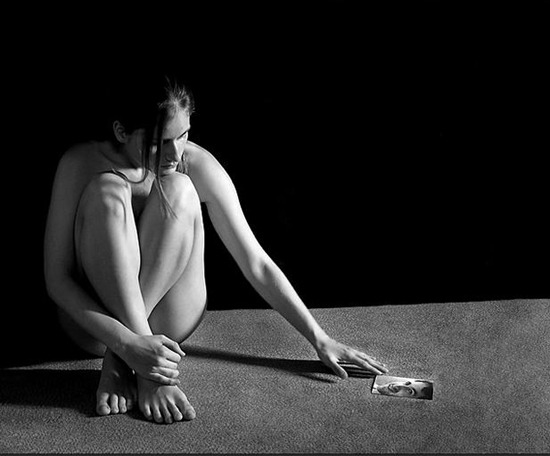
Marisa Sannia
|
|
Marisa Sannia (February 15, 1947 Iglesias, Sardinia, Italy ? April 14, 2008 Cagliari, Sardinia, Italy) was an Italian singer from the island of Sardinia. She started her career with success in pop music in the sixties. She later became an interpreter of songs, composer, an actress and then finally an artistic researcher. She is primarily noted for being a singer in the Sardinian language, her native tongue.
Sannia died in Cagliari at the age of 61 on April 14, 2008.
Having been a basketball player with good level in Cus Cagliari (which also called the national), Marisa Sannia began her musical career in the early sixties, winning a competition for new items that allowed her to get a record deal with the Cetra Fonit.
Her talent was spotted by Sergio Endrigo and Luis Enriquez Bacalov that sought to tap into composing a piece for her debut recording "All or nothing" and promoting its participation in 1967, on television as "real Scala" and "Settevoci".
The recognition received by the television appearances allowed her to participate the same year two musicarelli: "Kids of yellow flag", "Stasera mi butto", alongside Giancarlo Giannini.
After a few discrete successes (A postcard, Be proud of me - award of record criticism), and participation in Festivalbar 1967 where she ranked in the third round for young artists, Marisa Sannia knew real popularity in 1968 when she finished second in the Sanremo Music Festival with the song "Casa Bianca", written by Don Backy and sung along with Ornella Vanoni, who became a great success, so as to be inserted in the soundtrack of the film "Alfredo Alfredo", by Pietro Germi.
After the success Sanremo, Marisa Sannia published her first album. Followed by several successful songs: "A tear", "the company" (composed by Carlo Donida and Mogol and resumed in 1976 by Lucio Battisti and then in 2007 by Vasco Rossi), "Love is a dove", "How sweet the evening tonight" and "my land".
Marisa Sannia also worked in film and participated in various events such as singing Canzonissima (1972, inter alia with a song by Nino Tristan, "A Kite"), the International Festival of Light Music of Venice, A Song for Europe in Switzerland and again in 1970 in San Remo in 1971 and 1984.
In the early seventies she devoted herself to theater by participating in two musicals (Cain and Abel and stories suburbs) very successful alongside Tony Cucchiara and in some work directed by Giorgio Albertazzi. Still under the wing of Sergio Endrigo, she also participated in the album The Ark, a collection of songs by Vinicius de Moraes dedicated to children. In 1973 she published a disc with songs taken from the Walt Disney movie entitled Marisa in Wonderland.
In 1976 her first songwriting collection was published with the interesting title "The pasta sheet".
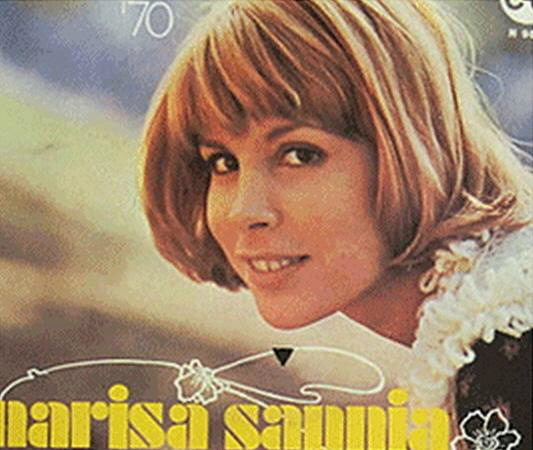
In the early eighties Sannia Marisa also appeared in television drama "George Sand" with Albertazzi, Anna Proclemer and Paola Borboni and participated in the film by Pupi Avati "Help me to dream". In 1984 she returned to Sanremo with "love Love" that followed a long period of isolation from the scene.
In 1993 she returned with a disc in the Sardinian language in which the verses of music Antioco Casula, Sardinian poet active in the first half of the twentieth century, entitled "Sa oghe de su Entu e de su mare". Marisa Sannia later returned to the theater with Albertazzi in "memories of Adriano" - Portrait of an entry of 1995.
In 1997 recorded the new disc Melagranada in collaboration with the contemporary poet writer Francesco Masala in a collection from the Poesias in duas limbas. In 2002 she participated in "songs for you", a tribute to Sergio Endrigo, interpreting "Hands holes".
In 2003 she published a third collection in the Sardinian language, and "Nanas and Janas", with new words and music written by herself. This research is poetic and musical recital summarized in "Songs between two languages on the way of poetry" presented in important exhibitions in Italy and abroad as The Night of the Poets all'anfiteatro Nora Roman, at Taormina Film Festival and as part of the exhibition Rome Meets the World . In January 2006 she took part in the concert tribute to Sergio Endrigo, entitled "Hello Poet" and collected in a CD / DVD, which interprets "The White Rose" and "How ever tonight."
Her last work, posthumously published and distributed (Felmay - Egea distributions) in November 2008 (preview Premio Tenco) and Marisa Sannia "Rosa de papel" is dedicated to the life and poetry of Federico Garcia Lorca. This is a collection of 12 songs, and is particularly dear to the singer/Songwriter who has put to music the poems of the great poet of youth. Among the songs are some real musical gems as: "El nino mudo", "Rosa de papel", "Laberytos y espeyos", "Hi cerrado my balcon".
She also won the Festival della Canzone d'Autore for Children. Marisa Sannia was interested in the work of other artists. And some of her own compositions have been covered also in Spain by the singer Ester Formosa.
Due to a sudden and serious illness Marisa Sannia died April 14,
2008. In August 2008, in her memory is due to the recognition of the award
"Maria Carta." Also worth mentioning is that in January 2009, the great artist
Maria Lai dedicated to the figure of Sannia an exhibition of her works.
'어느 골짜기 메아리' 카테고리의 다른 글
| Amethystium 3편 (0) | 2019.12.22 |
|---|---|
| If You Go Away (0) | 2019.12.22 |
| 앨범: Latin Moon (EP) - Mia Martina (2011 CP Records) (0) | 2019.12.18 |
| Comment Te Dire Adieu - Francoise Hardy (0) | 2019.12.18 |
| <DIV id=cContent style="MARGIN: 0px 0px 10px"> (0) | 2019.12.18 |

